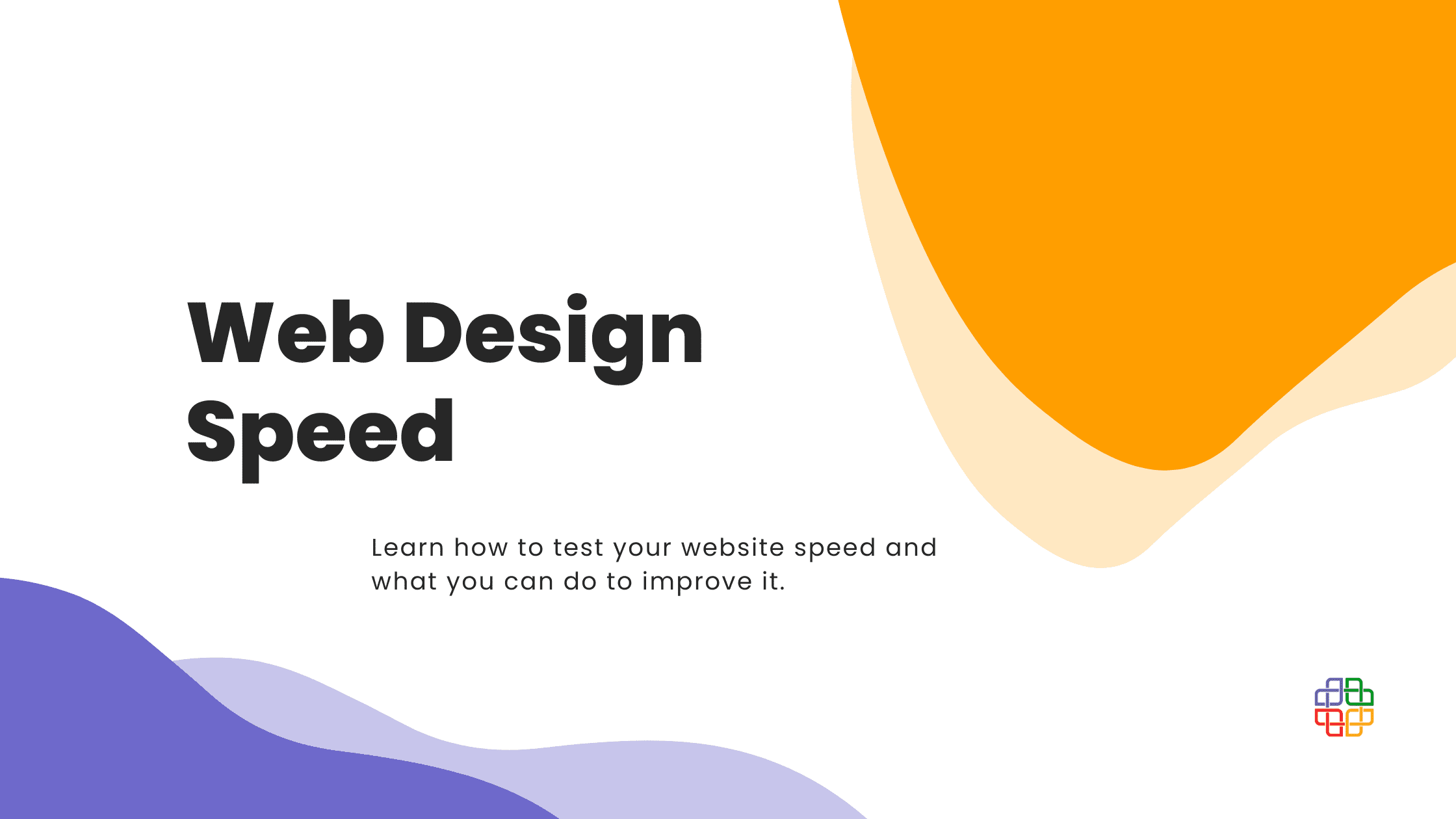Healthcare is one of the most important parts of everyone’s life. It is a soil in which our happiness and wellbeing can grow and bloom. The better the quality of the soil, the easier it is for us to evolve. But what if the environment is inhospitable and no one can take care of the soil? What if there are no proper tools and resources to help us grow healthily?
There are countries where people still suffer because of the lack of access to professional healthcare. The shortage of skilled healthcare workers and the limited resources result in countless tragedies that could have been prevented, if only help came in time. Nevertheless, we still can save many people’s lives by using our skills and knowledge to nurture their soil and provide them with tools to properly take care of it.
In this article we’ll introduce you to one of our projects that aims at helping people as effectively as we can.
Our healthcare partner: I-TECH
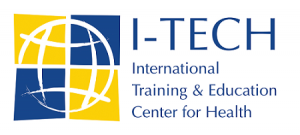
I-TECH (International Training and Education Center for Health) is a global network that works with local partners to develop skilled healthcare workers and strong national health systems in resource-limited countries. I-TECH promotes local ownership to sustain effective health systems.
I-TECH partners with Ministries of Health in over 12 countries and several US-based and international universities. It also implements programming in close partnership with several international NGOs (e.g., Lighthouse Trust in Malawi, ZACH in Zimbabwe), and civil society in over 20 countries.
The initiative is founded by many organizations, such as The Defense Threat Reduction Agency (DTRA), National Institutes of Health (NIH), The CDC Foundation, USAID, The Bill & Melinda Gates Foundation.
I-TECH works with 15 core and 40 affiliated faculties at the University of Washington.
Our task
Medical documents are an important part of every healthcare system. In order for the system to work fast and efficiently, a certain level of transparency and documentation workflow are needed.
And that’s exactly what we aimed to achieve, working on a system that would manage the workflow of medical documents created by the National Department of Health of South Africa.
The documents, such as official recommendations, regulations, policies, and strategies, are always prepared by a group of experts. All members of a team are involved in the whole policy process and should have access to it, in order to improve its transparency and efficiency.
Our challenge was to create a system that would allow team members to share draft documents related to policies they are working on among themselves. It would also support both external and internal reviewers. The team members could conduct the whole workflow. Moreover, they could present the current state and artifacts to the involved stakeholders. Once the policy is finished, they could publish it.
Published policies would be made available to the public through a Policy Portal available on the Internet, where the public can browse, search for and download any of the published policies.
Our solution
The project that we’ve worked on is called Policy Information Management System (PIMS). It is based on the Alfresco platform, which allows managing the documents uploaded to the system.
Our solution is an overlay to the Alfresco, that adds management of the policy process stages and teams. There is a role-based access control system implemented.
When the whole policy process is completed, an artifact can be published by uploading it to a separate server, which is an external part of the system (Policy Portal), based on Drupal CMS. Active Directory integration allows existing Active Directory users to log in to the PIMS system.
Our result
I-TECH will continue to support the National Department of Health in the process of strengthening the policy management and implementation systems with a focus on reaching the 95-95-95 targets.
I-TECH will continue to provide technical assistance as the NDoH beta tests the policy information management system (PIMS) developed in COP 2017. I-TECH will revise and finalize a Policy Manual and coordinate the NDoH Policy Project Steering Committee to promote engagement from NDoH staff.
Technologies used
The Policy Management system is built on top of the Alfresco open source platform. Technologies used there are Java, Spring, Jquery Freemarker, and custom Alfresco based frameworks. The public-facing Policy Portal is built using Drupal and integrates with the Policy Management system.
Both of the systems can be deployed using Docker.

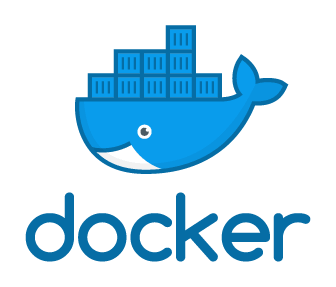
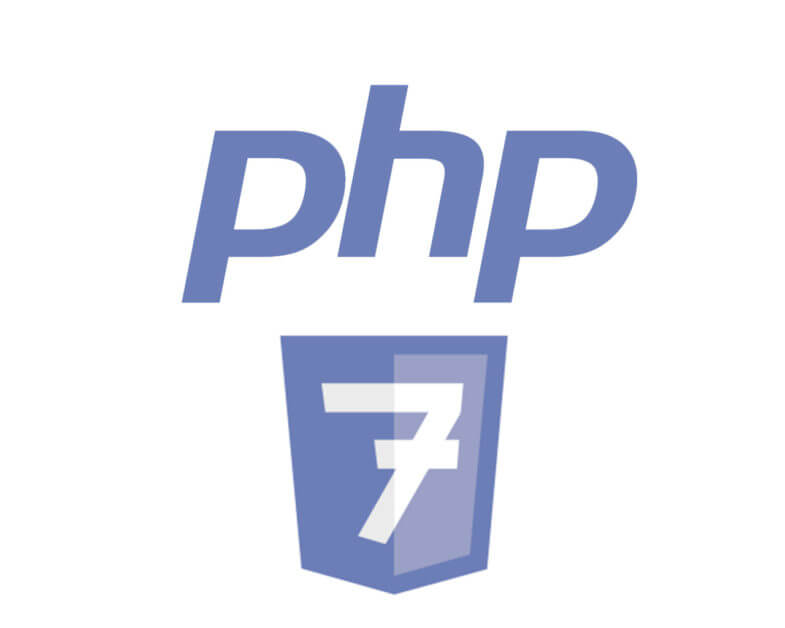
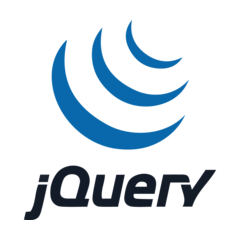
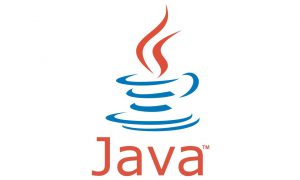

More case studies you can find here.



